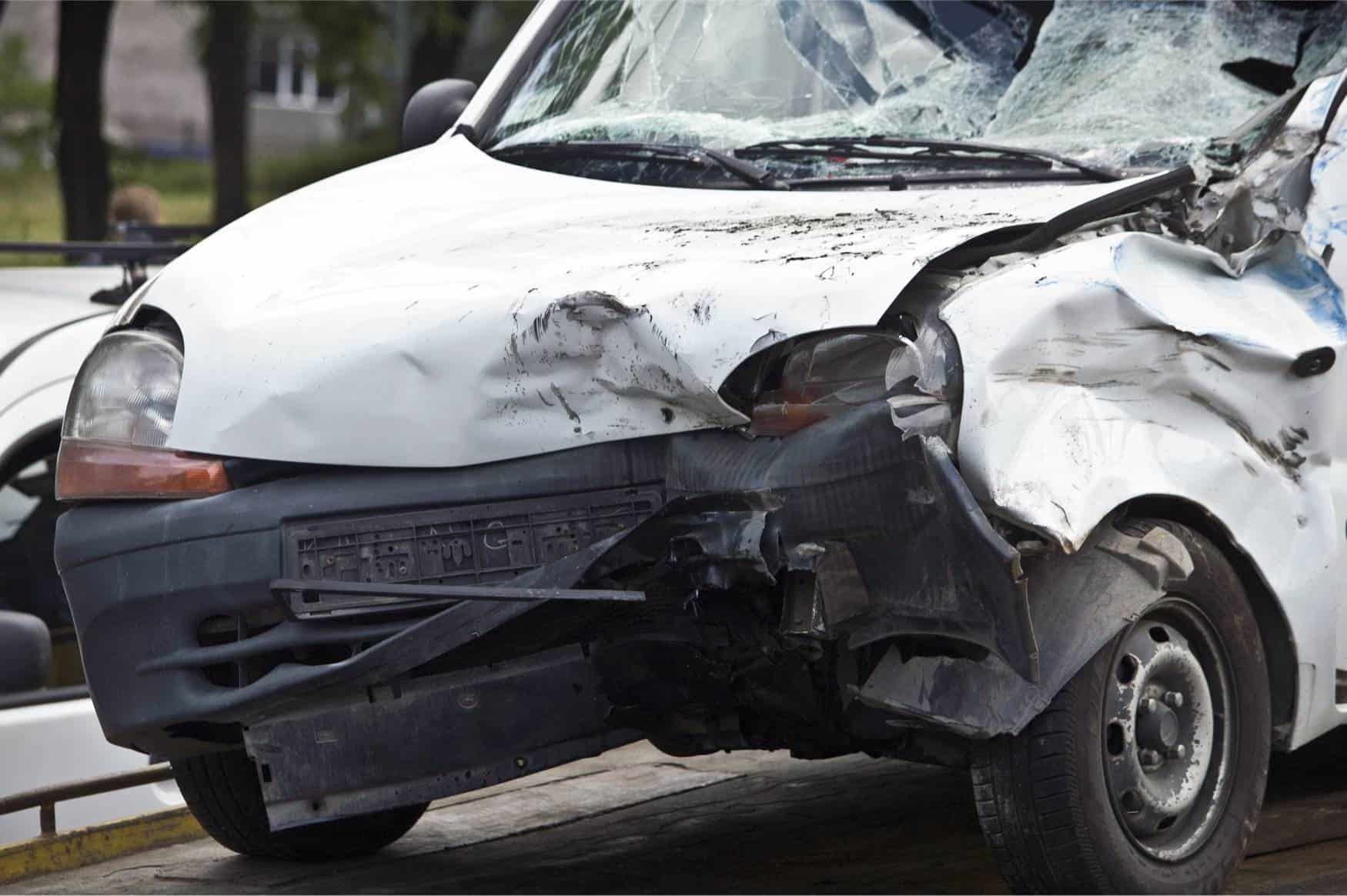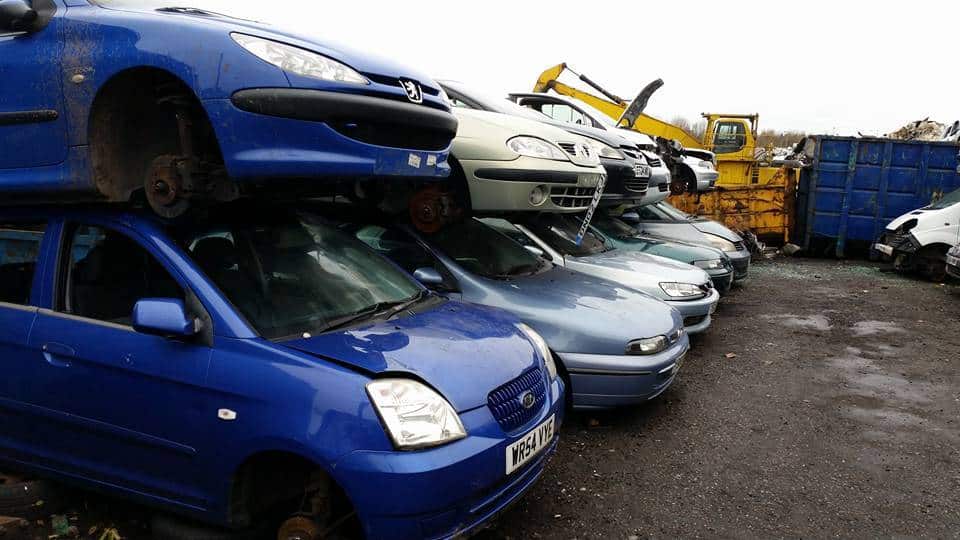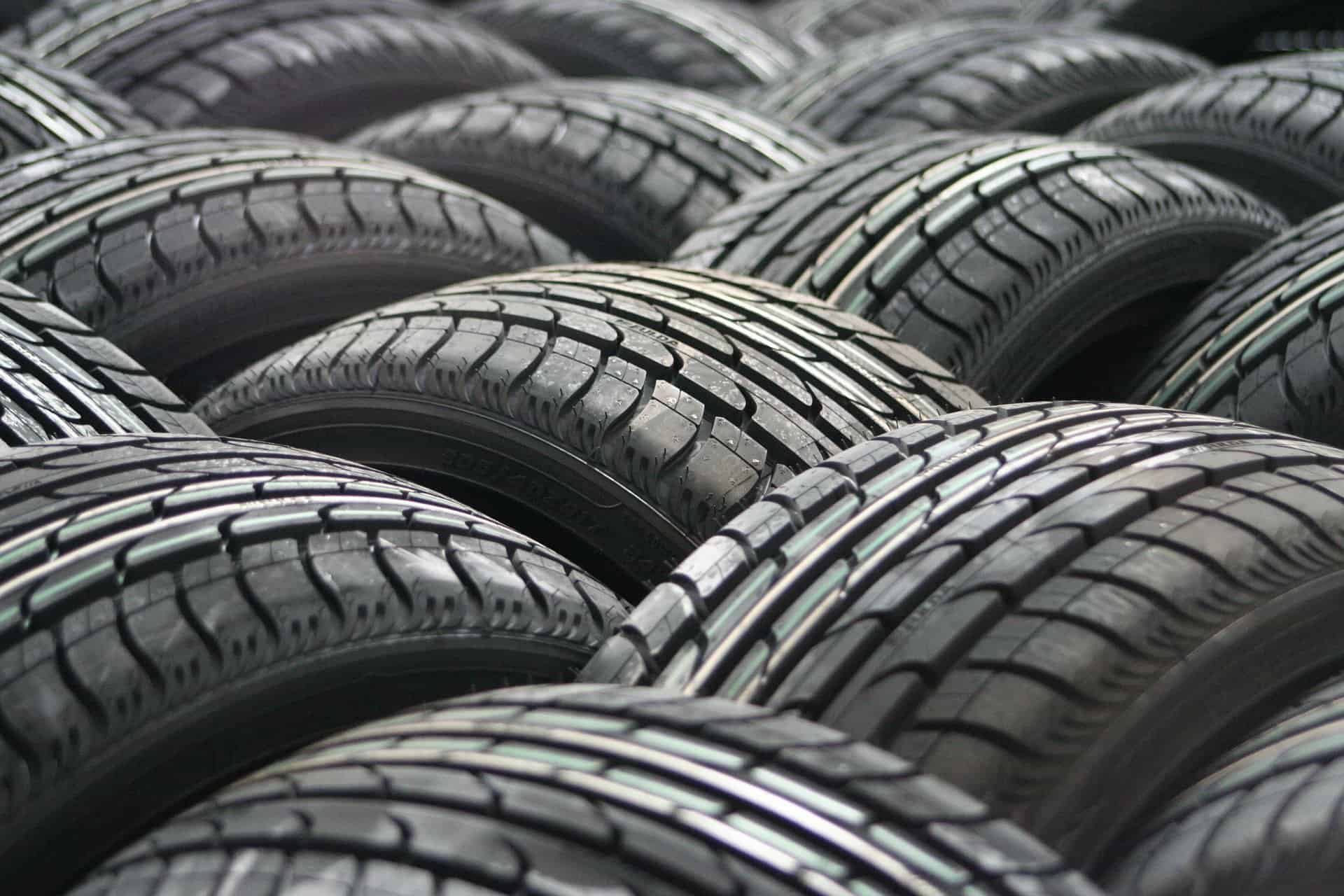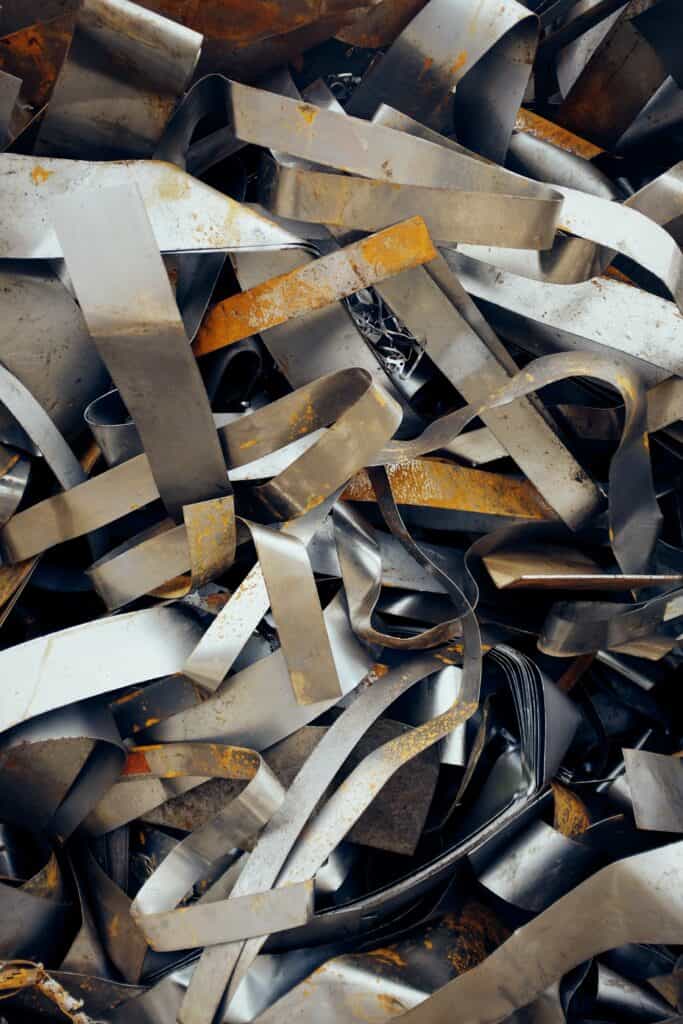5 Signs It’s Time to Scrap Your Car
Owning a car can bring a lot of convenience, but there comes a time when every vehicle reaches the end of its life. Deciding when to scrap your car can be a tough decision. Here are five signs that it might be time to let go and consider scrapping your car.
Frequent Breakdowns and Repairs
One of the most obvious signs that it’s time to scrap your car is when repair costs are getting out of control. If you’re constantly visiting the mechanic and the bills are piling up, it might be more cost-effective to scrap the car. Here are some specific indicators:
- Frequent Breakdowns: If your car is breaking down every few months, it’s a sign that it’s becoming unreliable.
- High Repair Costs: When the cost of repairs exceeds the car’s value, it’s no longer worth fixing.
- Safety Concerns: Some repairs are crucial for safety, such as brakes, suspension, and steering. If these systems are failing and you can’t afford to fix them, the car is no longer safe to drive.
Scrapping your car and investing in a more reliable vehicle can save you time, money, and headaches in the long run.
Failed Emissions Test
Environmental regulations are becoming stricter, and many older cars struggle to meet modern emissions standards. If your car fails its emissions test, the cost of getting it up to standard might be prohibitive. Reasons for failing an emissions test include:
- Faulty Exhaust System: Problems with the catalytic converter, muffler, or exhaust manifold can be expensive to fix.
- Engine Issues: A poorly running engine can produce high levels of harmful emissions.
- Outdated Technology: Older cars lack the advanced technology of newer models, making it harder to reduce emissions.
If your car fails its emissions test and the repair costs are too high, scrapping the car might be the best option. This way, you can invest in a more environmentally friendly vehicle.
Major Structural Damage
Accidents happen, and sometimes they leave your car with major structural damage. Even if your car is still drivable, significant damage to the frame or body can lead to serious problems down the line:
- Compromised Safety: A car with structural damage may not protect you as well in another accident.
- Alignment Issues: Damage to the frame can cause alignment problems, leading to uneven tire wear and difficult handling.
- Rust and Corrosion: Structural damage can make your car more prone to rust and corrosion, which can spread and cause further issues.
If your car has major structural damage and the cost to repair it is too high, it might be time to scrap it. Investing in a car with a sound structure is better for your safety and wallet.
High Mileage and Wear
Every car has a lifespan, and high mileage can be a strong indicator that your car is nearing the end of its road. Here are some signs that high mileage is taking its toll:
- Decreased Performance: Engines and transmissions can start to lose performance as they age, leading to poor acceleration, strange noises, and hard shifts.
- Oil Consumption: Older cars might start burning oil or leaking fluids, which can be a sign of worn-out seals and gaskets.
- Interior Wear: Seats, carpets, and other interior components can become worn and uncomfortable, making your car less pleasant to drive.
When a car has high mileage and shows signs of wear, it might be more practical to scrap it and put the money towards a newer, more reliable vehicle.
Low Market Value
Sometimes, it just doesn’t make sense to keep a car because its market value is too low. This can happen for several reasons:
- Age and Depreciation: Cars depreciate over time, and an old car might not be worth much anymore.
- Demand: Some models don’t hold their value well because they’re not in demand.
- Condition: A car with significant wear, damage, or mechanical issues will have a lower market value.
If your car’s market value is low and the cost of keeping it running is high, scrapping it could be the best financial decision. Instead of pouring money into a car that’s not worth much, you can scrap it and use the proceeds towards a newer vehicle.
Scrapping Your Car With Us
At Chase Metal Recycling, we know how difficult it can be to part with your old car. Our professional scrap car services are designed to make the process seamless and stress-free. We responsibly recycle your vehicle, allowing you to contribute to a greener environment while ensuring you receive the best possible value.
If you’re considering scrapping your car, visit our “Sell My Vehicle” page to learn more.
You can also get a free online quote by filling in the form there too.






